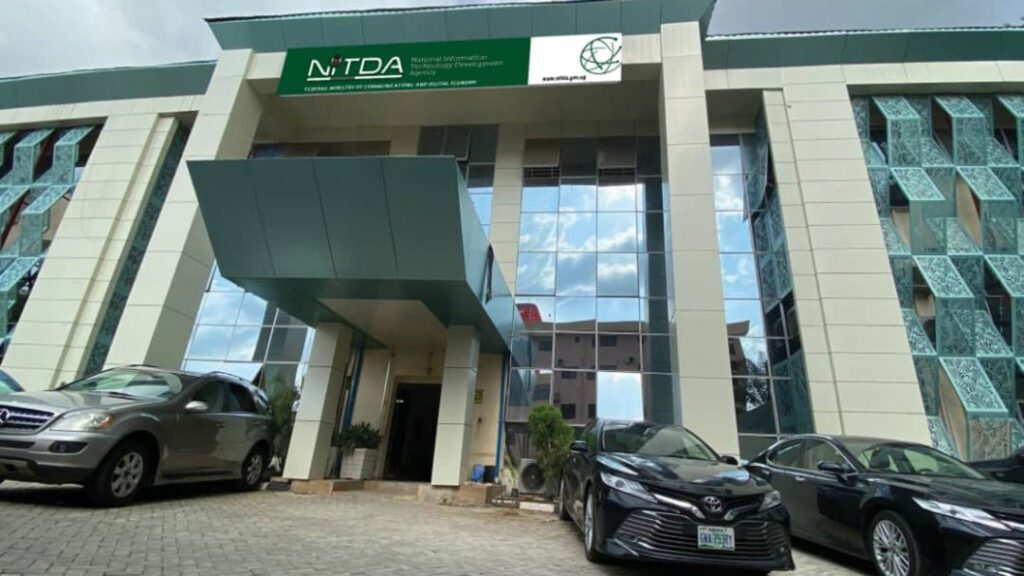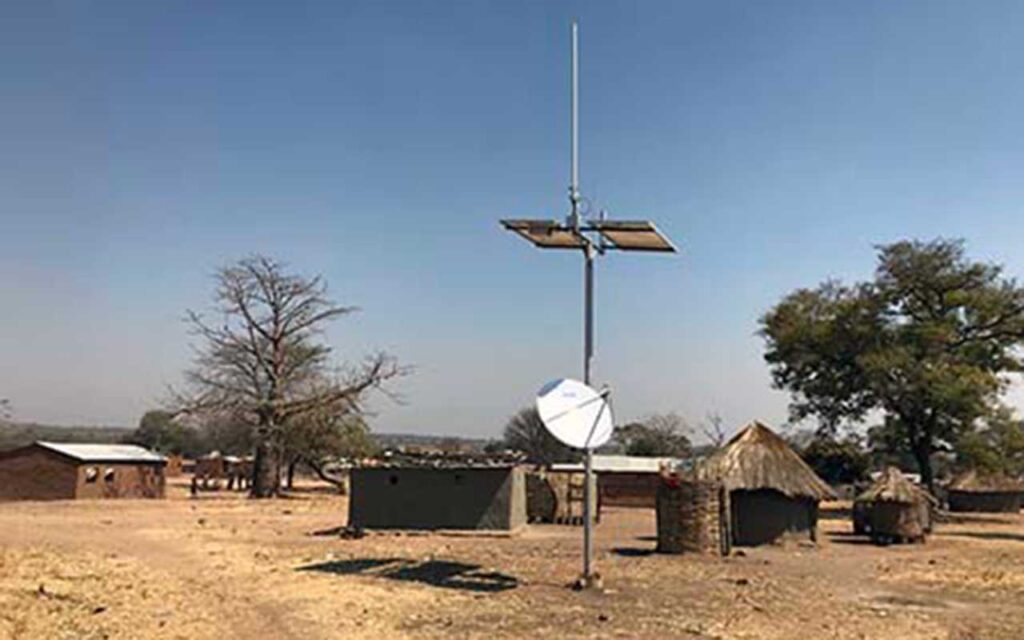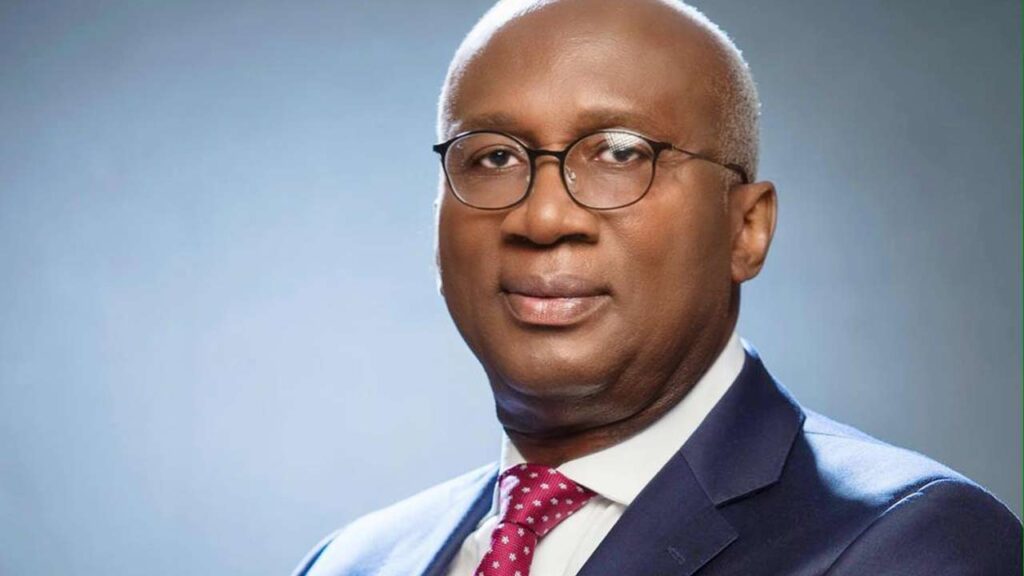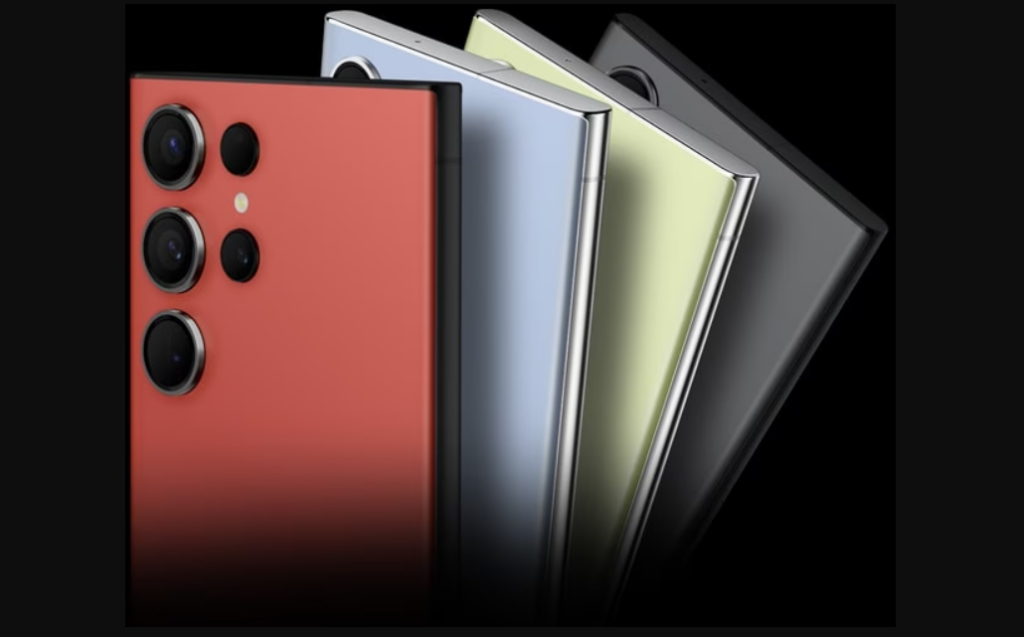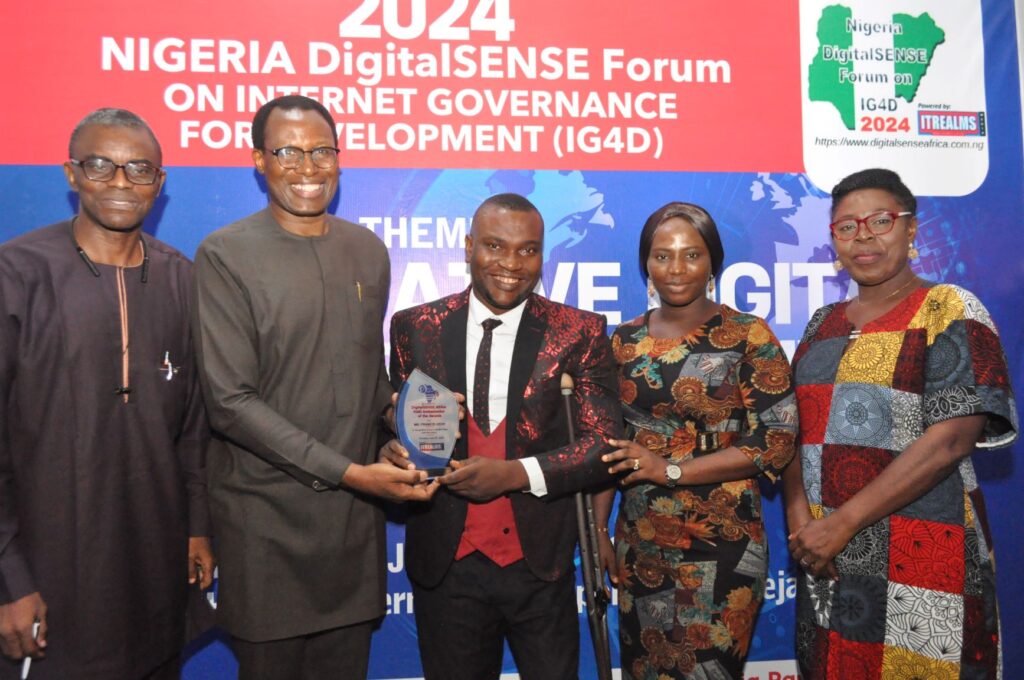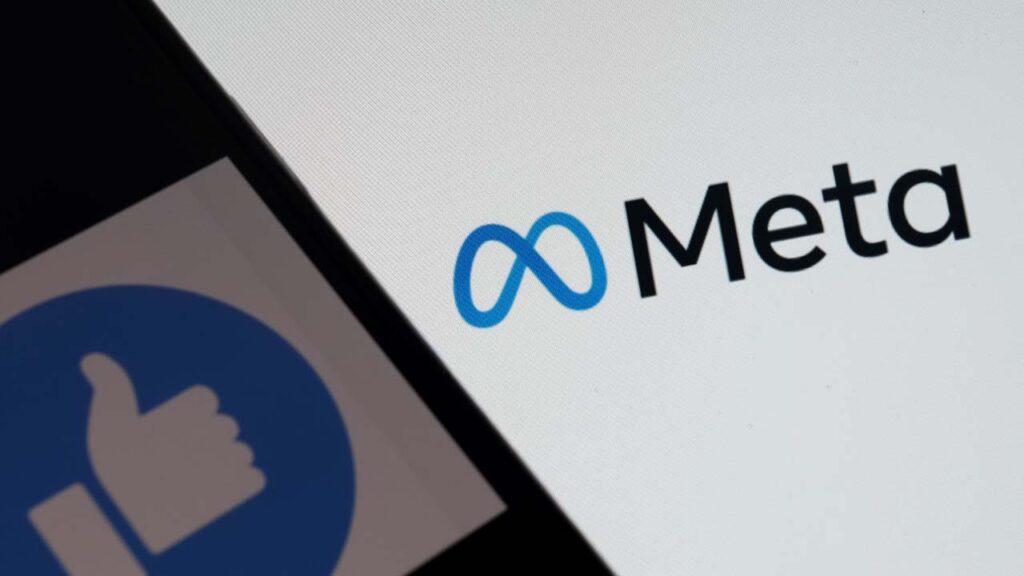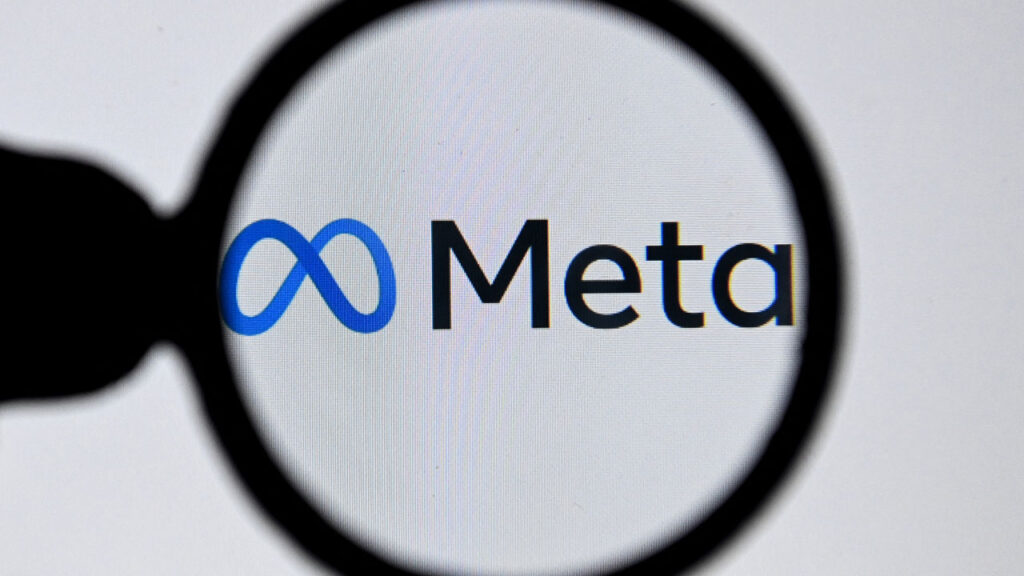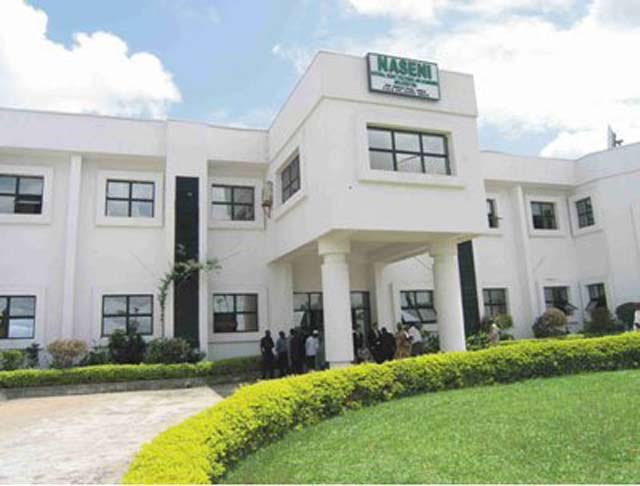
ADEYEMI ADEPETUN, in this report, writes that the controversies surrounding the operations of the Unstructured Supplementary Service Data may linger.
As the battle over the unstructured supplementary service data (USSD) rages, approval for a potential service disconnection from the telecommunications operators has been granted, raising more concerns about the fate of millions of Nigerians who rely on the service for transaction settlement.
Consequently, million of users are going to be at the receiving end, except major intervention happens, largely from the banking sector.
While the telecoms operators under the aegis of the Association of Licensed Telecoms Operators of Nigeria (ALTON) have got the regulator, the Nigerian Communications Commission (NCC) approval to disconnect the debtor banks, the Head of Operations of ALTON, Gbolahan Awonuga, told The Guardian, on Monday that the service providers are doing last minute consultations within the ecosystem to reduce the possible impact, especially on the country’s drive to deepen financial inclusion.
Awonuga said a large number of Nigerians, especially in the less developed areas make use of the USSD almost daily, “you can imagine the crises it will cause if disconnection happens immediately. Operators are still meeting, on or before this week ends, there should be a definite move.”
Still on Monday, a very senior executive in one of the banks’ associations, who spoke confidentially, told The Guardian that the banks do not owe up to that amount.
“I learnt some banks are paying. But others probably have not come to terms with the payment plans, which is a drawback. Since 2021, DMBs continue to collect the USSD fees and remit same on behalf of the telecoms operators based on the agreement,” the executive stated.
According to her, so many things still need to be ironed out, especially the technical areas, “we need to understand when a transaction is successful and when it failed, at what cost specifically. I think the next meeting on this matter should be able to give a definite position on this and resolve the matter once and for all.
“Telcos withdrawing the service, especially now that we are pushing cashless economy would spell doom for both industries,” she stressed.
The term USSD may be strange to many Nigerians but every mobile phone user has deployed its usage since mobile telephony was introduced to the country.
Whether to make a balance enquiry, call a customer centre, purchase airtime or access data services, USSD has always been used. But such USSD services are regarded as zero-rated, that is, they attract no cost.
The revolution
However, as part of the advancements in the sector, especially with the drive to deepen financial inclusion in the country, USSD was modified and expanded, which gave customers more options, and subsequently began to attract charges.
The modification around USSD saw Guaranty Trust Bank launch *737#, around 2016, enabling customers to transfer money from their accounts to another, without a smartphone and a mobile app. The coming of GTB’s #737 gained attraction, even ahead of FirstBank’s *894#, which was already in the market.
Latter years saw other banks join the foray and further grant customers options. This was prompted by the applications by banks to the NCC. Part of the move for the adoption of USSD was to enhance Nigeria’s crave for financial inclusion through digital operations, and to curb incessant attacks and criminality against physical banking institutions.
The USSD came with so many benefits, especially its universal usability. Soon, bank customers began to save themselves from long bank queues by typing short codes on their phones to carry out some of their financial transactions.
Beyond removing some of the stress of brick-and-mortar banking, USSD also created a pathway for banks to sell themselves to many financially underserved Nigerians.
The Global System for Mobile telecommunications Association (GSMA), which represents the interest of telecoms operators globally, noted that basic and feature phone technologies had revolutionised how people in emerging markets interact.
It said, “Notably, nine in 10 mobile money transactions in Sub-Saharan Africa still flow through USSD. Specifically, USSD has proved to be a useful tool in dealing with the fallout of the COVID-19 pandemic.”
With USSD, individuals living in areas without banks could afford to open accounts and carry out transactions on their phones, bringing more individuals into the financial services net.

By 2019, telecoms operators disclosed that 90 per cent of traffic on USSD was driven by financial transactions carried out by bank customers in the country. By 2020, 762.19 million transactions were carried out using USSD, according to the Nigeria Inter-Bank Settlement System Plc.
Genesis of USSD crises
Findings revealed that at the beginning the financial transactions discussed by the banks at the time largely concerned airtime sales. Accordingly, the service to be provided by the banks dictated the charges demanded from the banks by the telecommunication companies.
The billing mode adopted by ALTON members was to charge the telecommunications service consumer directly, which is referred to as end-user billing. However, following complaints by customers about disappearing/illegal airtime deductions, there was a consensus with the banks to implement corporate billing where the banks absorbed the costs associated with deploying the USSD platform for financial services.
Subsequently, this led to corporate billing, where banks were paying network providers between 0.85k and N2 per 20-second session depending on the transaction volumes generated.
Not long into the contractual arrangement, investigations revealed that with the successes recorded through their digital operations, and specifically with the adoption of USSD, the banks introduced new services, which increased both their customer base and financial gains.
But as this continues, the agreement fell, according to sources because of the banks’ insincerity in honouring the agreement.
Further, an industry source said if the NCC had been allowed by the Ministry to implement an empirically determined USSD determination of 2019, this crisis might not have festered to this level.
The source said the Minister would have focused more on his role and allowed NCC to regulate accordingly.
For instance, the determination, issued by the NCC, dated July 24, 2020, and signed by the Executive Vice Chairman of the commission, Prof. Umar Danbatta, revealed that the financial service providers (FSPs) demanded that the MNOs migrate from corporate billing (between the MNOs and the FSPs) to end-user billing (MNOs charging the consumers directly). But further to public opposition to the end user billing, the Minister of Communications and Digital Economy intervened and requested the suspension of the planned migration.
In the Determination, NCC, had among others, proposed that a USSD session is 20 seconds; the cost of a USSD session on the MNO network is N1.63K; the cost should form the basis of negotiations between MNOs and other related service providers using USSD channels e.g. banks and financial institutions.
Also that MNOs must not charge the consumers directly for the use of USSD channel for financial services in the form of end-user billing. The transaction should be between the MNOs and the entity to which the service is provided. All billings by MNOs for financial services using USSD code assigned to FSPs must therefore be implemented via the Corporate Billing model, among others.
Debt accumulation
While the Determination didn’t stand, checks showed that between 2020 and 2022 the debt profiles rose from N42 billion to N80 billion and N100 billion, but as of early this month, ALTON had told The Guardian exclusively that the debt was in the range of N120 billion.
While the crisis is running for over five years now, the Ministry of Communications and Digital Economy, CBN and NCC had noted that from March 16, 2021, USSD services would be charged at a flat fee of N6.98k per transaction.
The agreement further said that the new USSD charges would be collected on behalf of mobile network operators (MNOs) directly from customers and that banks would not impose additional charges on customers for the use of the USSD channel.
Before the N6.98k per transaction regime, a typical USSD session, which lasted for 20 seconds had a price cap set at ₦4.98 for each session. A statement jointly signed by both NCC and CBN, when the crisis was at a tipping point on the N6.98k, read: “This replaces the current per session billing structure, ensuring a much cheaper average cost for customers to enhance financial inclusion.
This approach is transparent and will ensure the amount remains the same, regardless of the number of sessions per transaction.”
Centre cannot hold
Recall that the telcos, at the weekend, got the NCC approval to withdraw their support for the USSD platform to the banks.
The withdrawal means that bank customers will no longer access transactions done on mobile phones like fund transfers through shortcodes, checking of bank details and account balances among others which can even be accessed without data or internet connections.
The NCC approval followed growing debt, which the telcos said has accumulated to over N120b.
Last week also, as part of efforts to broker peace, the Minister of Communications and Digital Economy had called a meeting between the NCC, telcos and the banks, hoping to find a middle ground, but the banks and their regulator shunned the meeting.
In a letter dated May 11, 2023, written by the minister and addressed to the CBN governor, Godwin Emefiele, complained that no representative from the apex bank was in attendance, ”despite assurances over the telephone to my Chief of Staff that the CBN was to be represented.”
Pantami lamented that the level of debt, N120 billion is not sustainable and non-cooperation by DMBs, especially considering the pivotal role of the telecommunications infrastructure in the implementation of the Federal Government’s Cashless Policy and Digital and Financial Inclusion objectives.
“In the circumstances, please note that unless the DMBs settle outstanding financial obligations to MNOs for the USSD services, I have directed the NCC to approve the MNOs request for the withdrawal of all USSD services to the indebted DMBs effective 7 pm, May 12, 2023, until the said outstanding debt is fully settled.”


